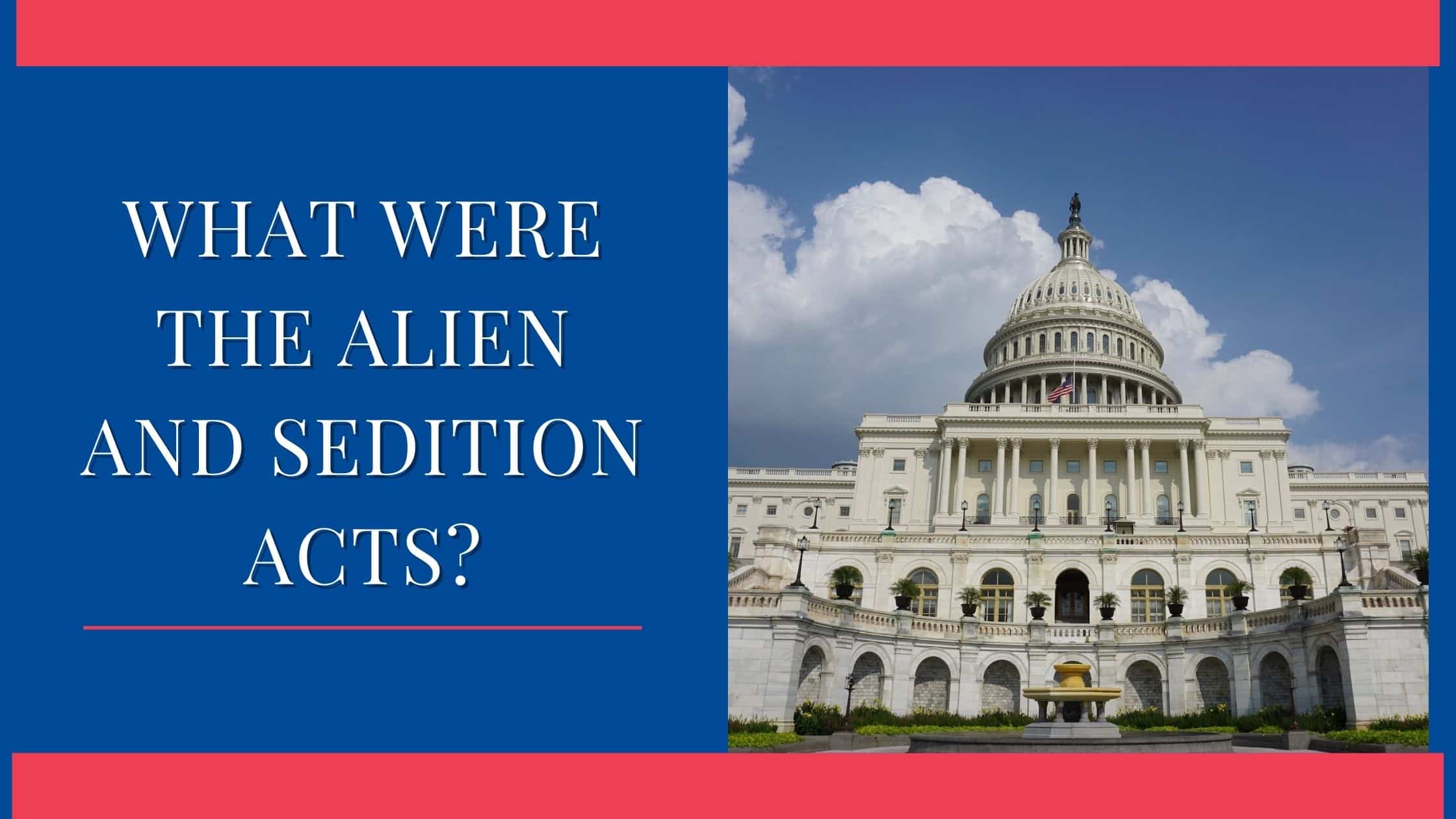Table of Contents
ToggleThe Sugar Act, also known as The Plantation Act, was a law that was brought into effect on April 5, 1764, by the British Parliament.
What was the Sugar Act?
The act aimed to prevent molasses from being smuggled into the American colonies from the French and Dutch West Indies.
The act reduced the duty on foreign molasses and increased taxes on refined foreign sugar, thus increasing British revenue.
New taxes were also enforced on imported goods and reduced the exportation of goods in high demand at the time, such as lumber and iron, that were being traded under the Navigation Acts.
The Sugar Act replaced the earlier Molasses Act introduced in 1733 by George Grenville who was the Prime Minister of Great Britain. The Molasses Act originally allowed the importation of molasses.
Background of the Sugar Act
After George Grenville became Prime Minister in April 1763, Parliament funds weren’t sufficient to support the foreign colonies. The foreign colonies included colonial America after the French and Indian War.
Realizing that citizens of Great Britain couldn’t afford to pay any more tax, Grenville followed the ways of the American colonies, which had smaller tax impositions but were able to provide relief in support of the war.
The Prime Minister convinced Parliament to reduce tax costs for the people, and when the Sugar Act was passed, taxes on molasses were cut in half.

The introduction of the Sugar Act in 1764 replaced the previously imposed Molasses Act of 1733, which had originally placed a large tax duty at six pence (around $0.07) for every gallon of molasses.
Rather than increasing revenue, the Sugar Act resulted in more shipments of molasses landing at the colonies.
The act’s introduction saw the tax on molasses drop to three pence. It strengthened the enforcement powers of customs officials to ensure duties were collected.
It also allowed the seizing of ships attempting to smuggle in molasses without payment.
Impact on American Colonies
As part of the act, new tax laws and stricter regulations were introduced for exporting lumber, iron, coffee, wine, and other commodities.
The Sugar Act hurt the rum industry of the American colonies as the British West Indies were given more control over the export of molasses and rum.
The American colonies felt at risk of being competed out of the market.

The Sugar Act also affected the ability of the American colonies to trade with places such as Portugal and the Azores, the Canary Islands, and the French West Indies.
This caused a massive problem since these countries were some of their main importers of lumber and iron and produce such as flour and cheese, causing them to lose custom.
Since they were effectively restricted from being able to sell and had less revenue to import high-demanding commodities from Britain, their economy plummeted.
New England was impacted by the new act the most. Smuggling had become so great of a risk that the revenue made from rum sales couldn’t match the cost of the molasses taxes. This drove up the rum price, and New England was unable to compete with the British West Indies.
The American colonies understood that the introduction of the Sugar Act and other revenue acts led to an imbalance in terms of how much tax the two sides were able to place on goods.
Concerned over a revenue crisis, the American colonists focused most of their concern on the economy rather than on political debacles.
The Sugar Act, Townshend Act, Currency Act, Declaratory Act, American Duties Act, Tea Act, and Intolerable Acts, such as the Quartering Act, inflamed the American colonists and ultimately led to the Revolutionary War.
Opposition Against the Sugar Act
Protests in opposition to the Sugar Act were led by Samuel Adams and James Otis, two former British tax collectors of Massachusetts.
In a paper written and delivered to the Massachusetts assembly by Adams in May 1774, he denied the laws set out by the acts of King George III and the British Parliament, stating that they were infringing upon the rights of American colonists and, in effect treating them as slaves.
In his own rebuttal to the laws imposed by the Sugar Act, James Otis declared that the British had subjected the colonists to tax laws without them even being allowed a voice for questioning.
Over the following years, colonists took it upon themselves to stand up against the laws they disagreed with, which ultimately led to the start of the American Revolution.
Otis’ declaration that “taxation without representation is tyranny” became a statement of remembrance for which he was hailed.
Build Up to the American Revolution
A few months later, in August 1764, Samuel Adams and James Otis published the reports of their outcry against the mistreatment they believed had stemmed from the Sugar Act.
Many Boston traders and colonial merchants decided to cease purchasing goods they deemed non-essential from Britain. This even included luxury items.

However, the common people at this stage still hadn’t taken it upon themselves to get involved in this war cry against the tax laws.
In the following year, 1765, with the British Parliament’s signing of the Stamp Act, their actions quickly changed.
The introduction of the Stamp Act saw direct tax imposition on the British colony by which all printed documents produced by the inhabitants of colonial America could only be printed in London and declared British by stamp.
These included newspapers, court papers, pamphlets, and even lesser important materials for printing, such as decks of cards.
While the impact of the Sugar Act mainly affected the trade and life of those in New England, the Stamp Act extended beyond the other colonies involved in trade with the British.
In the backlash against the acts, the Sons of Liberty responded with outrage, raiding homes of tax collectors, customs officials, and stamp distributors for the British.
They burned stamps, started riots, and wreaked havoc against the communities they saw as involved in the imposition of the laws against the people. As a result, the Stamp Act was abolished.
The actions that arose in response to the acts resulted in the “shot heard around the world” in the Battles of Lexicon and Concord. On April 19, 1765, the American Revolution began.

Get Smarter on US News, History, and the Constitution
Join the thousands of fellow patriots who rely on our 5-minute newsletter to stay informed on the key events and trends that shaped our nation's past and continue to shape its present.











